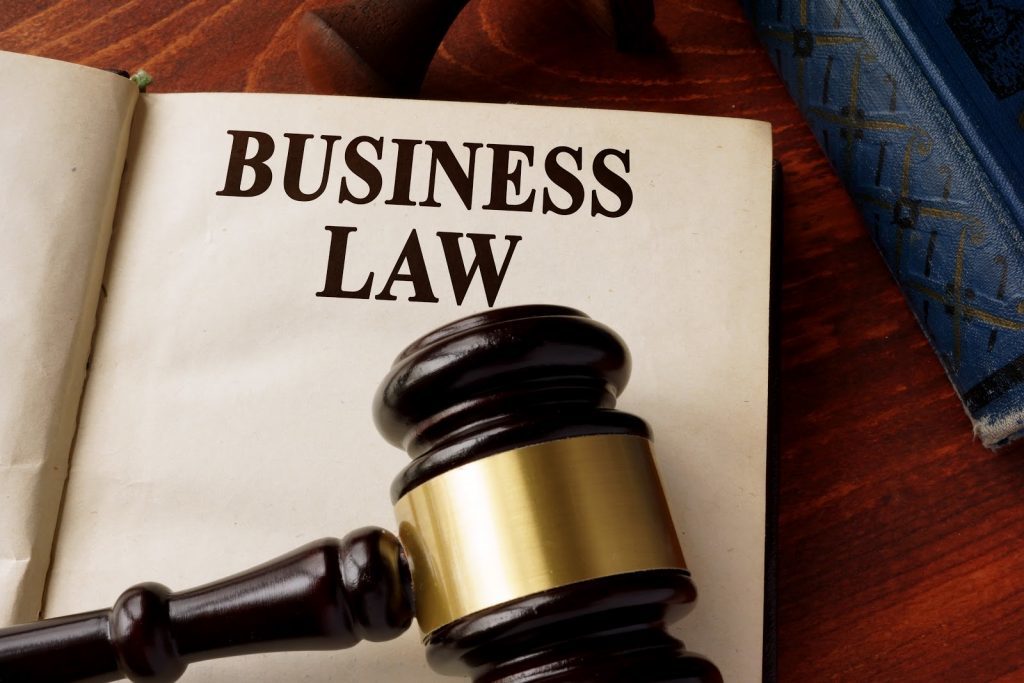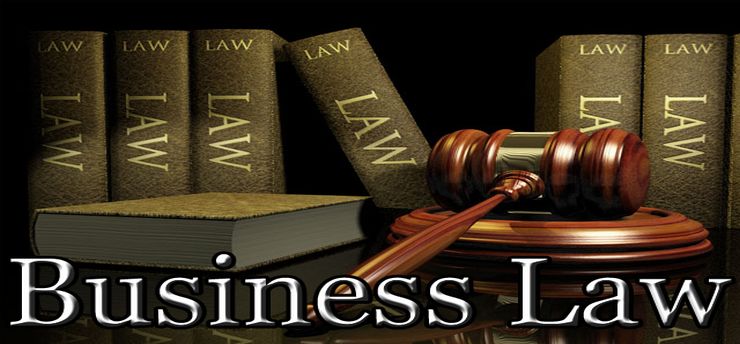What does ‘business laws’ mean? Business law is a broad term that covers a range of legal matters that are relevant to businesses. This guide will help you protect your startup and avoid being sued for patent violations.
What is Business Law?
Business law refers to a wide range of legal issues that are faced by businesses. Business Lawyers assist businesses with all legal matters related to their business. This includes contracts, leases and other agreements, litigation (when a business goes to trial), and intellectual property law.
Chances are, if you work or own an organization, you will face some legal issues at some point. You need to have a business attorney in your organization.
Why is Business Law important?

It’s important to understand business law for any company, but especially if you are setting up or expanding your business. You will learn what you are allowed to do and how you can avoid legal issues. Business laws also help you to understand your rights as an employee or employer, so you can avoid disputes with people and companies. You can then avoid any legal issues.
What is the role of a business lawyer?
You may face several legal issues as a business owner. These issues may range from intellectual property rights to contract issues and even labor laws. You may also need to manage the benefits of your employees and file taxes according to tax laws. You should hire a lawyer who is experienced in the field if you need any help.
Business lawyers have a wide range of knowledge in the areas of law, such as intellectual property and contracts. They can guide you through the steps of creating an agreement or provide advice about how to best protect your intellectual property against being copied by competitors.
Here are some details.
Intellectual Property (IP),
Intellectual property is the legal term for intangible assets. It includes patents, trademarks, copyrights, etc.
- Patents can be used to protect inventions or ideas from being copied. Patents allow inventors to sell or make their inventions for a set period (normally around 20 years). This type of intellectual property gives the owner of it the exclusive right to sell or use it commercially for as long as it is protected under law.
- A trademark can be a word or phrase, a symbol, or a design that is used to identify and differentiate the source of an item or service. A trademark can be a phrase, word, symbol, or design that is used by an individual, company, or organization to identify its goods or services in commerce.
- Copyrights are a type of legal protection for original works such as books, music, and art.
Intellectual property (IP), or the protection of intellectual property, is important to businesses as it allows them to differentiate themselves from their competitors. Businesses may own IP rights to their brands, logos, inventions, and artistic works, such as books, songs, paintings, or other artworks. They also have IP rights for software codes, processes used to produce goods or services, etc.
Contracts
Contracts are agreements between businesses and their employees or with other companies. Lawyers have a lot of experience in this field because they understand what it takes for a contract to be valid and enforced under state law. You can consult a business lawyer if you have any questions regarding the employment contracts of your company. They will be able to tell you if they need to be amended or not.
Oral or written contracts can be made, but oral agreements are less likely to be legally binding as there is no evidence that both parties have agreed on the terms. Both parties must sign a written contract for it to be valid and enforced by law. Business lawyers can help you make sure that the contract you sign will benefit your company.
Tax Implications
All businesses need to be aware of tax laws, regardless if they are sole proprietors or corporations with offices and employees. Understanding the tax implications in business law will help you to run your business smoothly and avoid costly errors.
Taxes are payments made to the government for goods and services provided. A lawyer for business will help you to understand tax issues and run your business legally.
Employment
This section deals with the relationship between employers and employees, including hiring procedures, termination processes, and benefits. Employment contracts are available that detail the benefits and responsibilities of employment, in exchange for compensation such as salary or commission. Non-compete agreements (where the employee agrees to not work for a competitor), non-solicitations, and confidentiality agreements are also included.
Licenses
A business attorney can help you obtain any licenses your business requires and will also apply for the permit to establish your company. A business lawyer can help you buy assets from another company. The professional will also handle all of the paperwork and documents for you, giving you peace of mind.
Legal issues can have a significant impact on the success of your company. You should always be aware of the laws and their implications so you can avoid any problems in the future. Talk to an attorney before making major decisions or changes to your business





